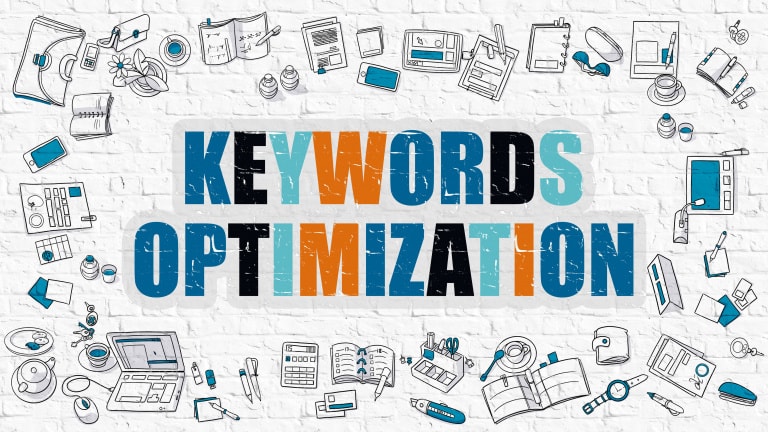There are many reasons why Google Ads for dentists can be significant to overall marketing success. There are significant benefits to using ads if your strategy is correct. The Pay-Per-Click (PPC) advertising model allows your dental practice to gain exposure to the online audience by paying for ads for dentists to appear against search engine results.
The key step to optimizing how your Google Ads perform is how you use your keywords. Within dentistry especially, the breadth of dental services available makes it even more essential to get your pool of keywords accurate so that your services cater towards a specific audience. A method for targeting ads in this way is keyword match types. Ads for dentists that use specific search terms through a certain match type allow for control that caters for pitching a certain service to a certain interested audience. For example, the keyword “dental implant” within ads for dentists would specifically cater to those who are seeking cosmetic treatment via a dental implant.
Let’s take a closer look at the keyword match types and how it can optimize ads for dentists.

Broad Match
The term “broad” covering a large number of subjects or, in this case, people. If the ad is catered towards cosmetic dentistry, then you’re introducing a wide range of cosmetic treatments, which can be pitched to a wider audience who may be interested in specific cosmetic treatments. There is limited control with a Broad Match. Another example is if you put “dentist Sydney”, this keyword phrase will trigger terms such as Sydney dentist, dentist near Sydney, emergency dentist Sydney, etc. Broad Match is more useful for launching PPC campaigns, but it’s likely that your keyword terms may show targetted ads to untargeted audiences.
Broad Match Modified
Modified broad match, as the name suggests, is a broad match keyword with a single difference, allowing you to flag certain keywords that are visible in the text that can be used to target ads. It is a more controlled method to target ads compared to Broad Match. All keyword terms are searched by users with a + sign that acts as a close variation of the terms. For example, if you include the broad match with a + sign for +Sydney +Dentist, the modifier will target ads to audiences in Sydney. The difference between this and a broad match is a reduction in flexibility.
Phrase Match
For direct matches, you add a quote mark against the keyword phrase. This essentially means that your keyword is targetting a specific audience, restricting traffic from ads to those, for example, who may be seeking “teeth whitening in Sydney”. The ad will then only target those who are located in Sydney seeking teeth whitening treatment. The keyword phrase has to be exact, and the results returned will only be those containing the phrased keyword.

Exact Match
For an exact match, you add brackets around the keyword phrase. Exact Match provides marketers with total control over the ads for dentists and will only match the keywords that have been searched. Google is very sensitive to incorrect spelling, plural forms, and phrases that aren’t in order. The results with Exact Match will be narrow, but one of the benefits of this type is it eliminates irrelevant clicks and saves money. This will, however, restrict traffic, and the search results may be lower. Although, you’re more likely to increase patient conversions if you target ads to a specific audience.
Understanding these keyword match types is essential for the success of ads for dentists. Campaigns that use broader keyword match types introduce potential problems such as wasted budgets and fewer conversion opportunities. For targeted ads to be successful, it is recommended that you make your traffic valuable through an exact match or phrase match, particularly if you’re seeking to present ads for a specific dental service.
If you’re seeking support with your campaign, contact us today and we’d be happy to help. Alternatively, if you’re new to Google Ads, click here to learn how to get started.

